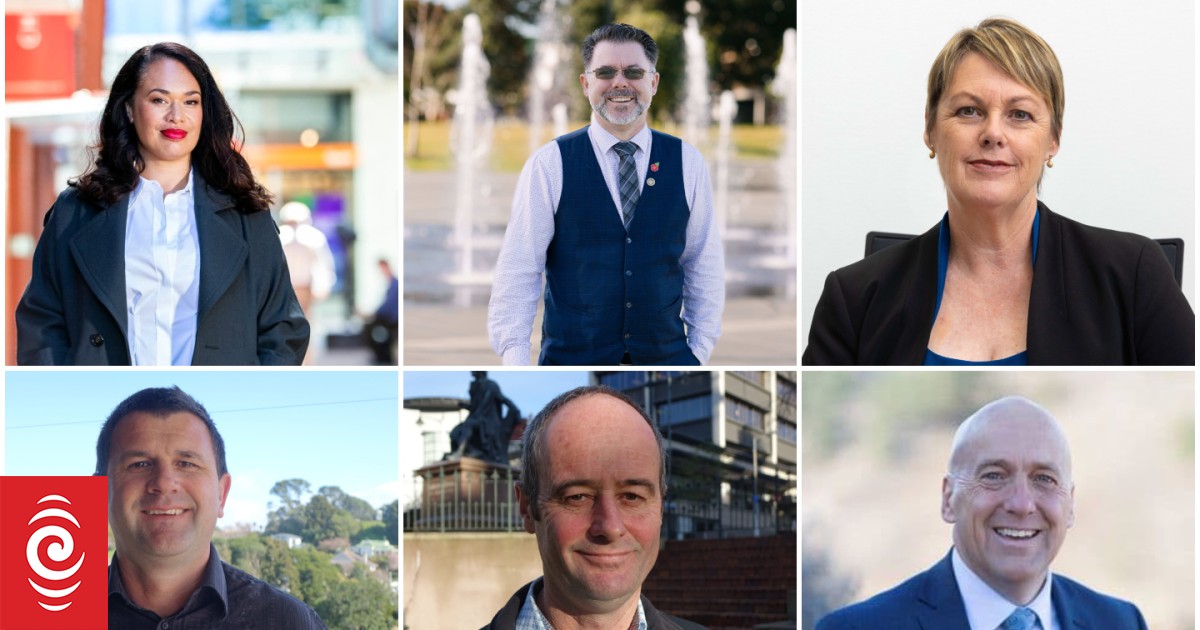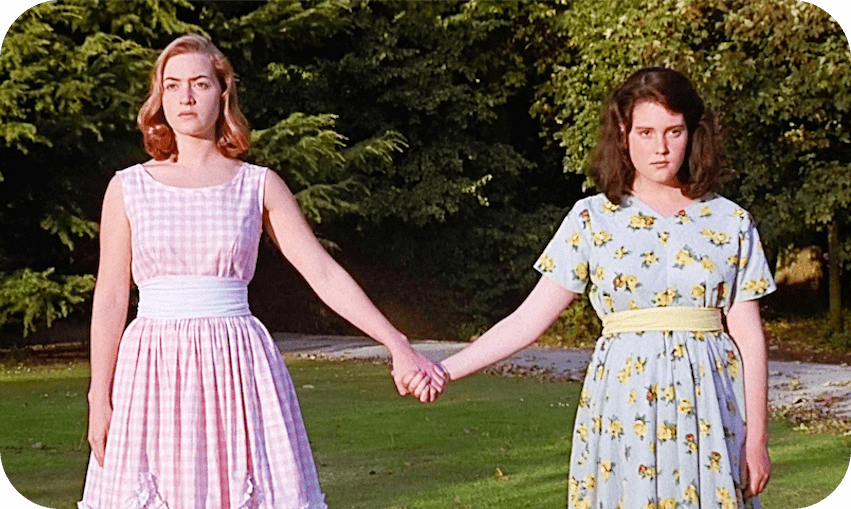Clockwise from top left, Wellington mayor Tory Whanau, Whangārei mayor Vince Cocurullo, Marlborough mayor Nadine Taylor, Central Otago mayor Tim Cadogan. and Dunedin City councillor Jim O’Malley and New Plymouth mayor Neil Holdom.
Photo: Supplied / RNZ
There has been a mixed response from community leaders to changes to the controversial Three Waters reforms, with some describing the revised plan as a “backward step”.
The government yesterday announced that the proposal would move from four entities to 10, with its start date pushed out by two years, to 2026.
Local Government Minister Kieran McAnulty said the entities would be owned by local councils on behalf of the public, with entity borders to be based on existing regional areas.
There was a flood of reaction from local officials around the country, with some upbeat and others remaining unconvinced.
Central Otago mayor Tim Cadogan had been one of the few local officials who was publicly open to water reform. But he said the proposed move from four entities to 10 missed the mark.
“If I’m to compare the Entity D model as opposed to the Otago/Southland model, I think [the new plan] is a backward step,” he said.
“I’m always going to focus on the cost for our people, rather than, say, a political advantage for councils in sitting around a table in the regional representative group.”
The top of the South Island entity would use the Ngai Tahu takiwā for its southern boundary, a source of concern for local leaders.
Marlborough mayor Nadine Taylor expressed frustration some communities were set to be cut out of their zone.
“I think that the rest of the Marlborough ratepayers, who have paid in terms of that cross-subsidisation, will probably expect, if they’re again moving into a new entity, that they’ll take their assets with them.”
Te Rūnanga a Rangitāne o Wairau general manager Corey Hebberd agreed the boundary needs to be looked at.
“Rangitane’s area of interest, in our settlement, extends south into one of the other proposed water service entities,” he said.
“So we’ve got some overlapping interests there, that need to be dealt with.”
Wellington mayor Tory Whanau remained supportive of the move for reform, but was worried about the pushback to 2026.
“By adding another couple of years, financially that does provide a bit of a challenge with our long term plan,” she said.
“We will continue to work productively with the minister to see how that can be addressed.”
New Plymouth mayor Neil Holdom said most of his concerns with the old plan had been remedied.
“The move to regional entities reflects that the government has taken a pragmatic approach,” he said.
“It’s definitely an improvement.”
However at the top of the country, the entity that would include Northland and Auckland was to remain the same as what was initially proposed.
Whangārei mayor Vince Cocurullo said he was disappointed.
“Entity A for Northland hasn’t changed, it’s still exactly the same.
“The major concern here in Northland is that we’ll get swallowed up and ignored.”
The Communities 4 Local Democracy group said in a statement they were disappointed the government had not made meaningful changes.
The Dunedin City Council described the reset as a “step in the right direction”.
Chairman of the council’s Infrastructure Services Committee Jim O’Malley said the shift away from four entities, including one that covered the entire mainland was welcome.
“We are pleased the government appears to be listening to the concerns raised by the DCC and other councils about a loss of regional control.
“There’s no doubt regulatory change will ensure our communities continue to receive safe and affordable water services into the future, but questions remain about the underlying economic model.”
Waimakariri District Council and Timaru District Council have signalled their intention to file legal action around three waters ownership.





















Discussion about this post